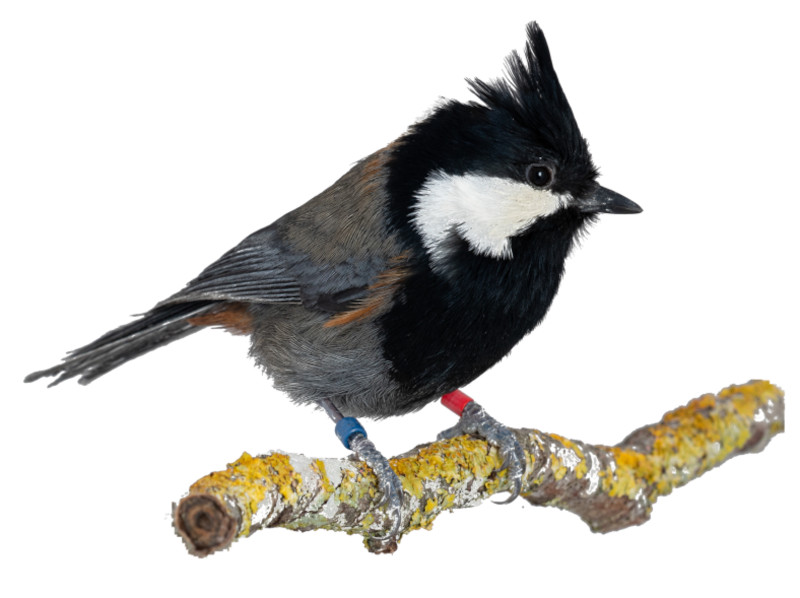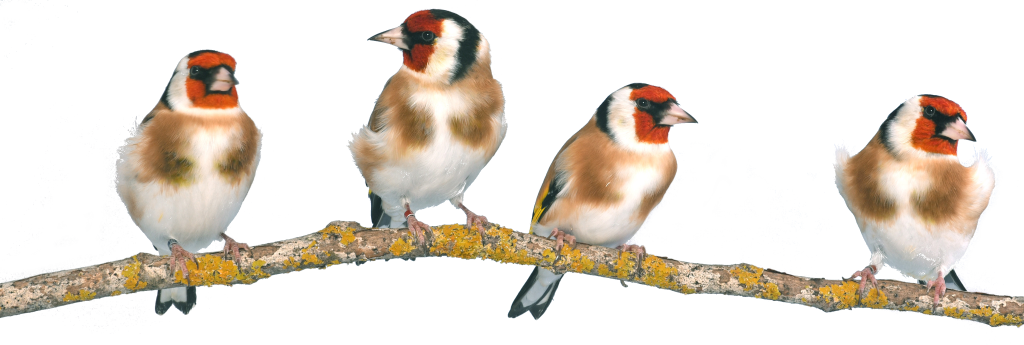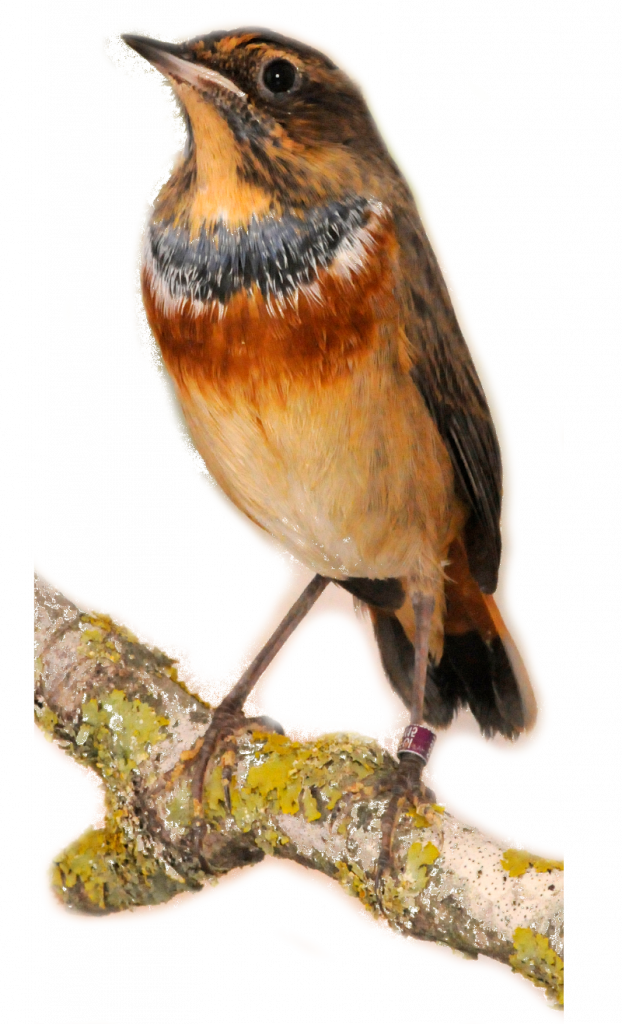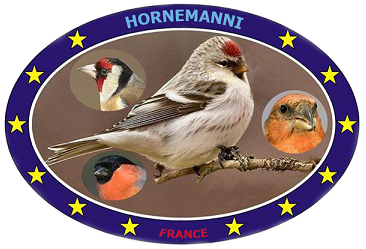Welcome to Hornemanni-France

Who are the passeriformes?
The order Passeriformes is the taxon that groups together the largest number of bird species, spread across the entire globe, with the exception of the Antarctic continent. Passeriformes are commonly known as passerines and represent 145 families, 1371 genera and 6675 species.
About Hornemanni
Hornemanni France is closely linked by passion and friendship to the Hornemanni Middle Ouest European Club in northern Italy. Our association is made up of passionate and specialised breeders, breeders’ associations and international experts, who are also particularly aware of the need to protect biodiversity.
Whatever your federation or country of origin, you can join us by becoming a member of Hornemanni France, because our Club is independent and autonomous. You don’t belong to any federation? That’s not a problem if, like us, you are passionate about passeriformes.

What are the aims of Hornemanni France?
Aims and objectives of the Association Hornemanni France
- To list, study and benchmark the best methods of acclimatisation, maintenance and breeding of birds belonging to the order Passeriformes.
- To answer all questions concerning … at meetings organised by the club, or via internet tools (Website, Mail, Facebook, Tweeter, WhatsApp, visios, YouTube) and a specialised magazine, paper or digital:
– Respect for animal welfare in controlled environments.
– Animal care,
– Acclimatisation,
– Conditioning,
– Breeding methods,
– Ex situ programme in a controlled environment for the conservation of endangered and fragile native and exotic passerine species in their natural environment.
– The study and fixing of colour mutations,
– Regulations
– Diseases
– etc
- To guide potential breeders in their breeding projects, depending on the conditions available to them (size of aviary, time available, specific feed, etc.),
- To compile a database (in the form of computerised files) of all the species bred by Club members in order to facilitate internal exchanges
- To compile a summary of breeding and reproduction experience in the form of a biography in order to make as much objective basic data as possible available to potential breeders, to enable them to fix domesticated strains and to contribute to the preservation of species,
- To develop conservation breeding in collaboration with scientific and administrative bodies, in order to participate in ex situ programmes (reintroduction, population reinforcement).
- To encourage the reproduction, maintenance and exchange of birds from strains bred in a controlled environment and ringed, in compliance with current regulations,
- To form a group committed to mastering and complying with the regulations in force concerning the keeping of various specimens in a controlled environment, in particular CITES (Convention on International Trade in Endangered Species of Wild Fauna and Flora), Regulation EC338/97, Regulation EC865/2006, the Environment Code, the Order of 29 October 2009, the Order of 25 March 2015, the Order of 8 October 2018, the IFAP identification database, etc.
- To raise awareness among breeders of the harmful impact of invasive species on French flora and fauna, in order to prevent any escape of species from their breeding and hobby breeding establishments.
- Maintain technical relations with the relevant sections of the Commission Nationale des Juges de France C.N.J.F.
- To maintain technical relations with foreign Technical Clubs
- To study the standards for Passeriformes set by the Commission Nationale des Juges de France, and to make proposals to supplement and enhance these standards.
- To bring together French and foreign breeders of Passeriformes, whatever their choice of membership of a Federation.
- To help protect biodiversity by taking action in the field, such as installing nest boxes, insect hotels and winter feeding, as well as protecting and safeguarding the environment.
- Organising ornithological events for members of the association: technical meetings, conferences, exhibitions, trips, etc
- Collaborate in French and foreign conservation programmes

